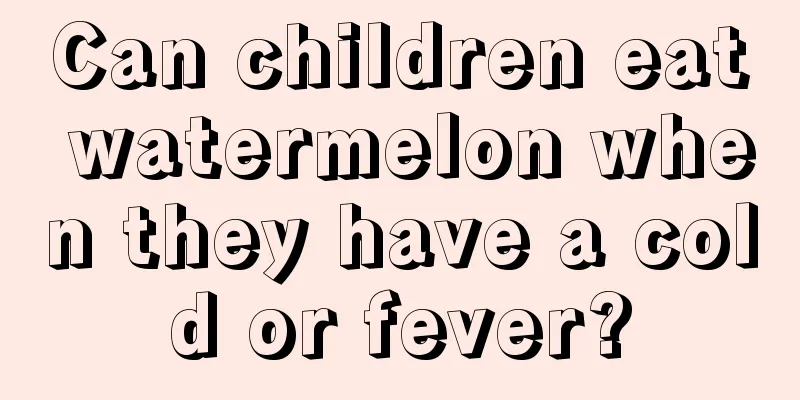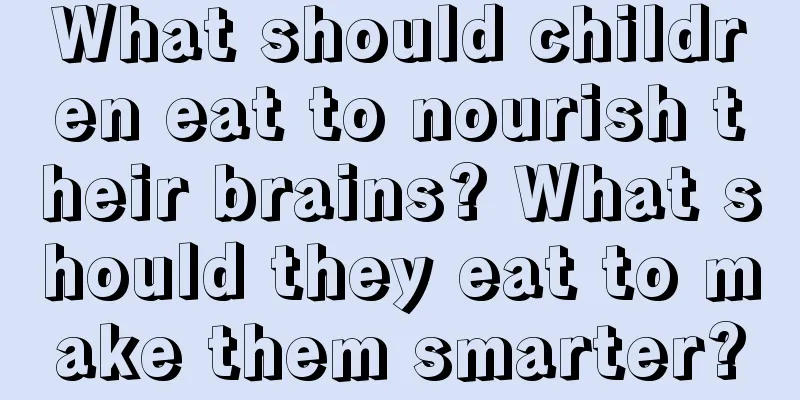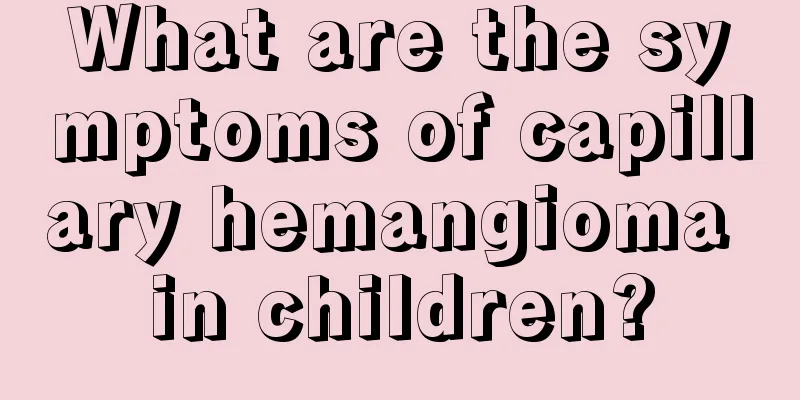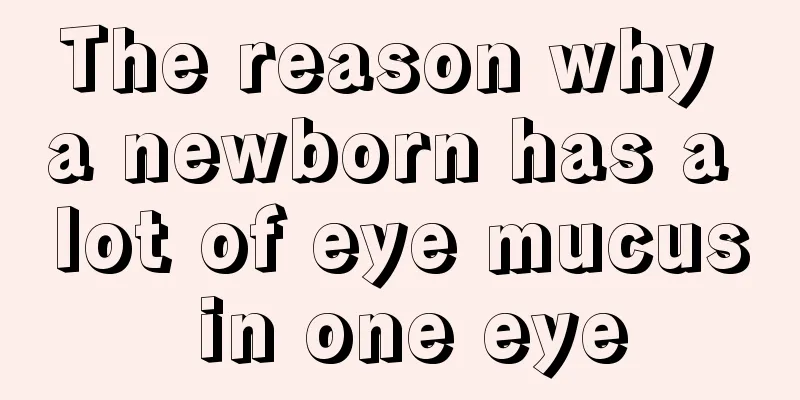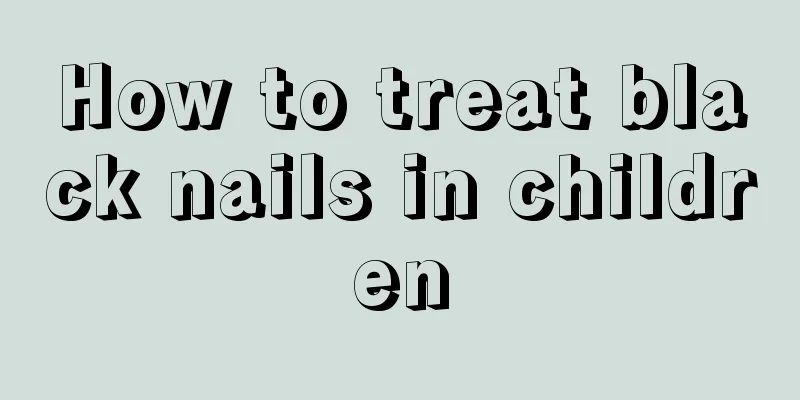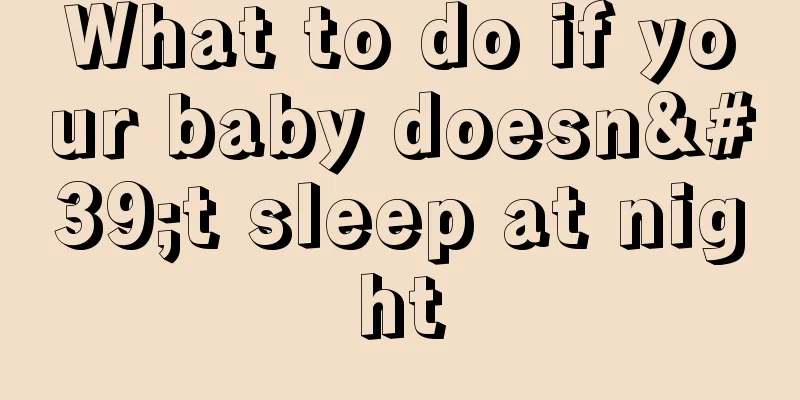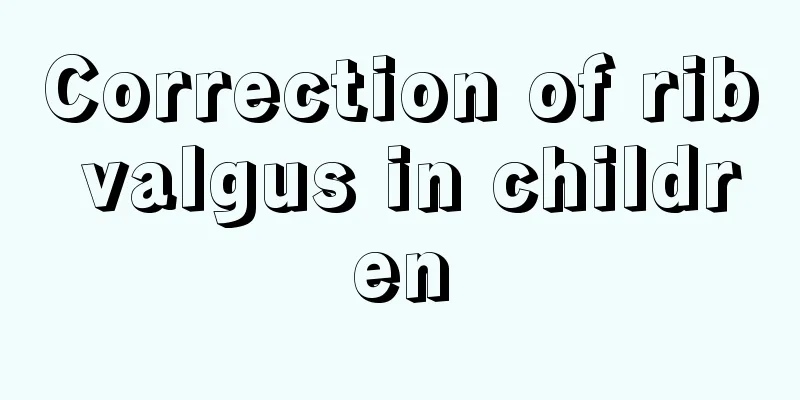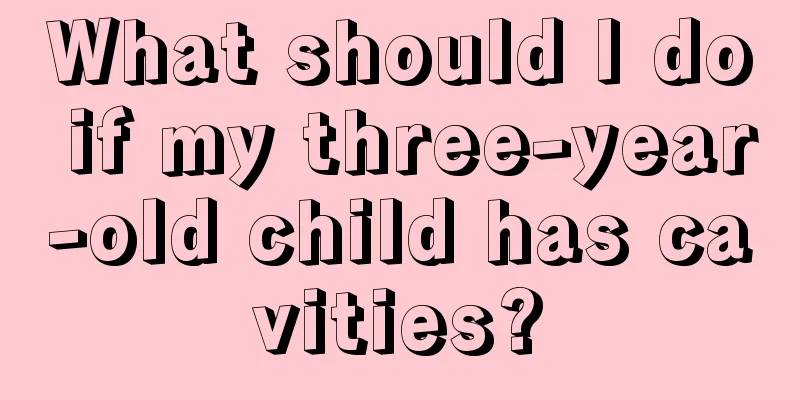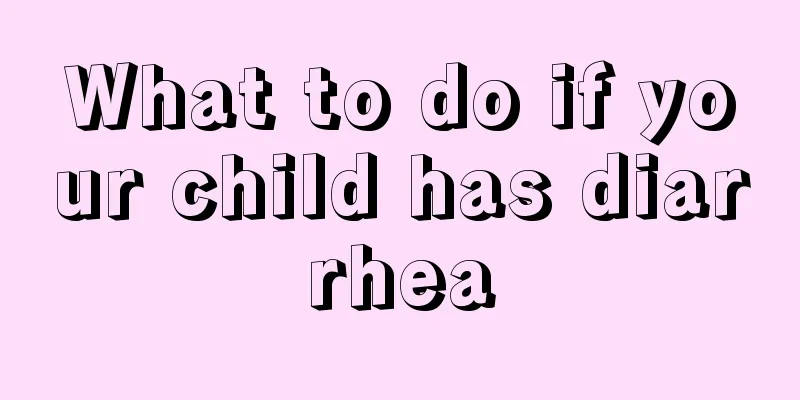Baby has fever and turns pale
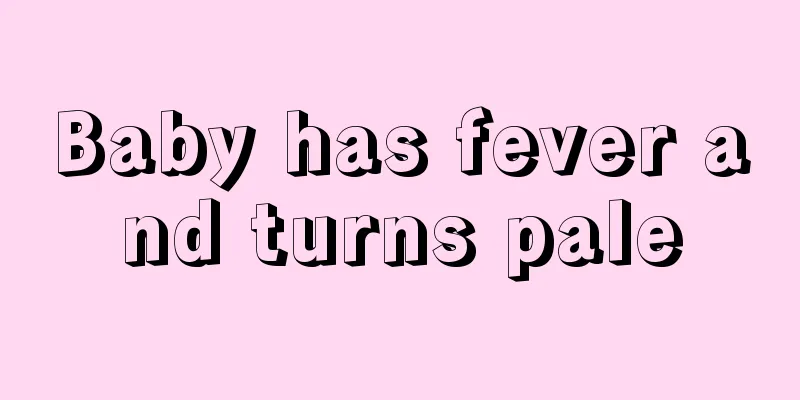
|
It is quite common in life that the baby has a fever and his face turns pale. Because of the cold and the fever, the baby's face will turn pale, the body will be weak and listless. At this time, timely medication should be used for treatment, the child should be given water, and the child should get enough rest. If the child's fever is more serious, physical cooling should be carried out in time. If it exceeds 38.5 degrees, medication should be used. Baby has fever and turns pale Your baby must take medicine and drink more water. If he looks pale and listless, wiping his body repeatedly with warm water can help cool him down. Because children have poor ability to adapt to the external environment and their immune systems are not yet fully developed, any discomfort can easily lead to fever symptoms, or their body temperature may rise again quickly after taking medicine to reduce the fever. Especially in the hot summer, if parents use the air conditioner improperly or the baby drinks less water and cannot adapt to the high temperature weather, it will cause repeated fever. There are many causes of fever: mainly bacterial and viral invasion, which cause respiratory and gastrointestinal infections and lead to fever. What parents can do is to provide adequate nutrition according to the child's age and physical development, and add complementary foods in a timely, reasonable and balanced manner. Parents should be especially reminded that if their child has a fever for more than three consecutive days without improvement or if the baby has a high fever or convulsions, they should seek medical attention in time to identify the cause and provide symptomatic treatment. What to do if your baby has repeated fever 1. When the body temperature is below 38.5℃, physical cooling is the preferred intervention. Fever is the most common symptom of infectious diseases in children. The treatment of fever can be roughly divided into "physical treatment" and "drug treatment". Generally speaking, when a child's body temperature is below 38°C, there is no need to use drug treatment, but choose the correct physical cooling method. For example, applying a fever-reducing patch, drinking plenty of water, and taking a warm bath can all help lower body temperature. 2. Infants and young children with a body temperature above 38.5°C need drug treatment. If you find that your child's body temperature has exceeded 38.5℃, parents should closely observe the child's condition so as to respond in time. For infants and young children, when their body temperature exceeds 38.5℃, they need to be given medication. 3. If the body temperature is above 39°C, medication should be taken under the guidance of a doctor. When a child's body temperature exceeds 39°C and is considered a high fever, Western medicine treatment is usually chosen. Currently, ibuprofen and paracetamol are commonly used antipyretics in clinical practice. These two types of drugs are relatively safe. But one thing that must be made clear is that parents should use the medication under the guidance of a doctor, especially pay attention to the dosage, and send the baby to the hospital for treatment in time. |
<<: 5 month old baby has white spots on face
>>: Three-year-old child has white spots on his face
Recommend
2 year old child cannot walk
When a child learns to walk, two years old is a g...
The baby's body is hot but the forehead is not hot
As we all know, babies' physical development ...
Is it normal for little girls to have discharge?
Some little girls will find that they have secret...
Allergic constitution in children
Children's allergic constitution is closely r...
Nursing methods for 20-day-old baby spitting up milk
Nowadays, every family has only one child, who is...
What should young children pay attention to when swimming?
Children are the most innocent and lovely. They h...
What to do if children have a picky diet
Different children have different food requiremen...
Brown particles in baby's stool
Normal stools for children should be yellow. Occa...
What to do if your baby's lips are dry and peeling
Cold and dry weather can easily lead to dry lips,...
The dangers of electric toothbrushes for children
Brushing teeth can be said to be the first step t...
What causes shortness of breath in young children?
Nowadays, many families have only one child. Pare...
Spontaneous cure rate of hepatitis C in newborns
Some children will develop hepatitis C after birt...
What should I do if my one-year-old baby suddenly doesn't like to eat?
It is a common situation for many parents that on...
Symptoms of spleen deficiency in nine-month-old babies
Nine-month-old babies are relatively young and ve...
Baby's runny nose turns from clear to yellow
Changes in weather often cause our babies to catc...
